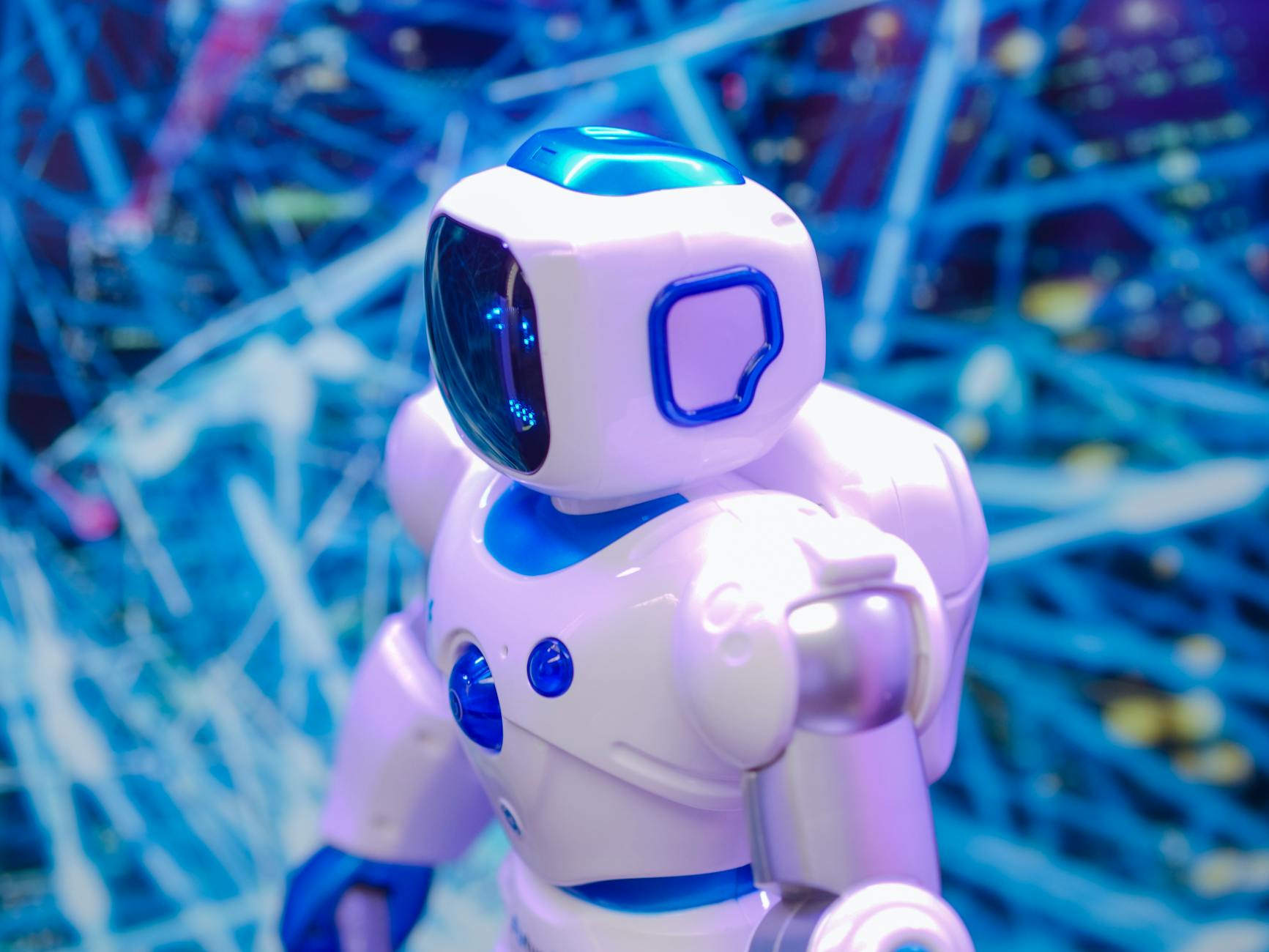OpenAI’s Codex Unleashes Autonomous AI Engineers, Revolutionizing Software Development | Enterprise AI Battle Escalates as Google, AWS & Echelon Vie for Workplace Dominance

Key Takeaways
- OpenAI has made Codex, its AI software engineer powered by GPT-5-Codex, generally available, with internal use showing 70% productivity gains and autonomous coding for hours.
- Echelon, a new startup, emerged from stealth with $4.75 million in funding, deploying AI agents to automate complex ServiceNow implementations, directly challenging traditional consulting firms like Accenture and Deloitte.
- Google launched Gemini Enterprise and AWS introduced Quick Suite, both new full-stack platforms designed to integrate AI agents directly into enterprise workflows, aiming to centralize AI tools and remove friction.
- Zendesk unveiled major AI advancements for its Resolution Platform, including voice AI agents, video calling, and next-generation analytics, solidifying its position in AI-first customer service.
- OpenAI’s social video-generating app, Sora, reached over 1 million downloads in less than five days, demonstrating rapid consumer adoption for cutting-edge AI.
Main Developments
Today’s AI news reveals a landscape undergoing rapid, profound transformation, signaling a new era where autonomous agents are not just assisting, but actively driving core business functions. At the forefront of this shift is OpenAI, which quietly delivered arguably its most consequential announcement at DevDay 2025: the general availability of Codex, its AI software engineer, now supercharged by the specialized GPT-5-Codex model. While other dazzling reveals, like a ChatGPT app store and a stunning video-generation API, captured headlines, Codex’s move from research preview to a fully supported enterprise product marks a fundamental change in how software is built and, by extension, how modern businesses operate.
OpenAI’s internal adoption of Codex is nothing short of dramatic. The company reports 92% of its technical staff using Codex daily, completing 70% more pull requests weekly. This isn’t simple code autocompletion; GPT-5-Codex functions as an autonomous teammate, capable of productive, marathon coding sessions lasting over seven hours, dynamically adjusting effort based on task complexity. OpenAI itself has leveraged Codex to build the very products showcased at DevDay, including custom arcade games and the conference website, demonstrating a powerful “productivity flywheel” where AI builds the tools that build more AI. With a new SDK, Slack integration, and robust code review capabilities—catching hundreds of bugs daily—Codex is positioned to be the engine behind OpenAI’s entire vision, ready for mission-critical work in the world’s largest companies.
This foundational shift in software development is mirrored by a direct assault on traditional professional services. Echelon, a newly unveiled AI startup, has secured $4.75 million in seed funding to automate enterprise software implementations, specifically targeting the notoriously complex ServiceNow deployments. These projects, which traditionally demand months of work from expensive consultants, are now being handled by Echelon’s AI agents. Trained by elite ServiceNow experts, these agents analyze requirements, ask clarifying questions in real-time, and automatically generate full configurations, workflows, and documentation. Early customers report migration projects projected to take six months completed in just six weeks, posing an existential threat to the labor-intensive models of giants like Accenture and Deloitte.
The growing demand for sophisticated AI tools is also intensifying the battle for the enterprise workspace. Google, with Gemini Enterprise, and AWS, with Quick Suite, are racing to offer full-stack, in-context AI platforms designed to eliminate the friction of fragmented tools. These new offerings aim to integrate AI agents directly where employees work—be it a browser extension, Slack, or Microsoft Office—connecting to a vast array of enterprise data sources from Salesforce to SharePoint. Both platforms promise a no-code workbench for users to orchestrate agents for automation, deep research, and data analysis, centralizing AI interactions within a single ecosystem. This strategic push reflects the understanding that as AI becomes more integral, ease of access and context retention will be paramount for enterprise adoption.
Further demonstrating the verticalization of AI, Zendesk launched major enhancements to its AI-first Resolution Platform. Leveraging LLMs like GPT-5, Zendesk’s platform now features fully autonomous voice AI agents capable of resolving complex issues in real-time, alongside new capabilities like video calling and improved IT asset management. Their unique pricing model, charging only for successful resolutions, highlights a confidence in their AI’s performance and a commitment to tangible ROI for customers.
In a broader testament to AI’s burgeoning reach, OpenAI’s social AI video-generating app, Sora, racked up over 1 million downloads in fewer than five days. This rapid consumer adoption, even for an invite-only app, underscores the public’s immense appetite for advanced AI capabilities, complementing the enterprise-focused revolutions unfolding simultaneously.
Analyst’s View
The announcements today underscore a pivotal moment where AI agents are transcending mere assistance to become autonomous, strategic assets. OpenAI’s Codex isn’t just a tool; it’s a blueprint for scaling innovation, proving that AI can build AI at unprecedented speeds. This creates a powerful competitive moat, but also sets a new benchmark for productivity that every enterprise must now contend with. The disruption by Echelon against traditional consulting, and the full-stack plays by Google and AWS, confirm that no professional service or workflow is immune to fundamental re-architecture. The real battleground is no longer just model superiority, but the seamless, contextual integration of these powerful agents into every facet of the enterprise. Companies that fail to internalize and deploy these autonomous capabilities risk being out-innovated and out-maneuvered in an accelerating market. The next phase will be defined by the quality of agent orchestration and the agility with which organizations can transform human expertise into reliable, scalable AI workers.
Source Material
- The most important OpenAI announcement you probably missed at DevDay 2025 (VentureBeat AI)
- Zendesk launches new AI capabilities for the Resolution Platform, creating the ultimate service experience for all (VentureBeat AI)
- Echelon’s AI agents take aim at Accenture and Deloitte consulting models (VentureBeat AI)
- The next AI battleground: Google’s Gemini Enterprise and AWS’s Quick Suite bring full-stack, in-context AI to the workplace (VentureBeat AI)
- OpenAI’s Sora has already hit more than 1 million downloads (The Verge AI)